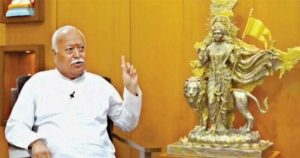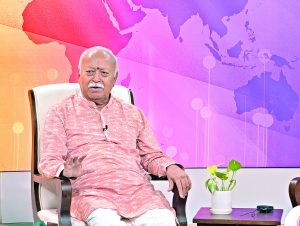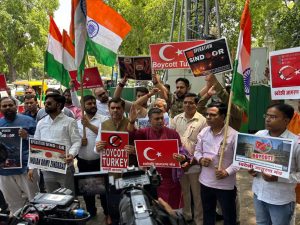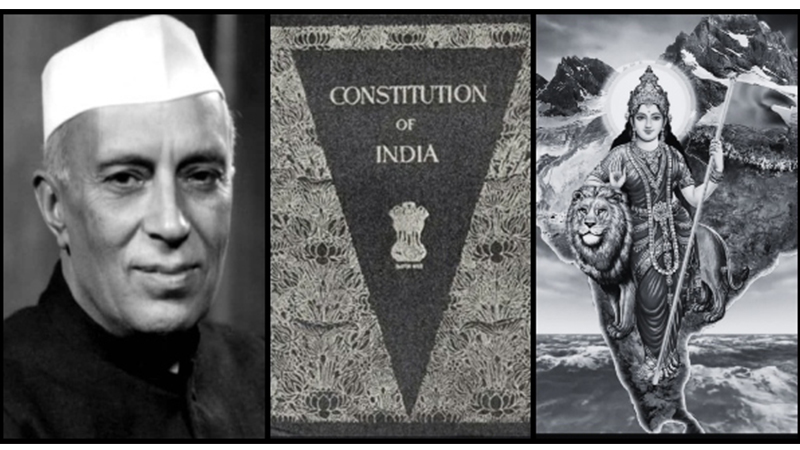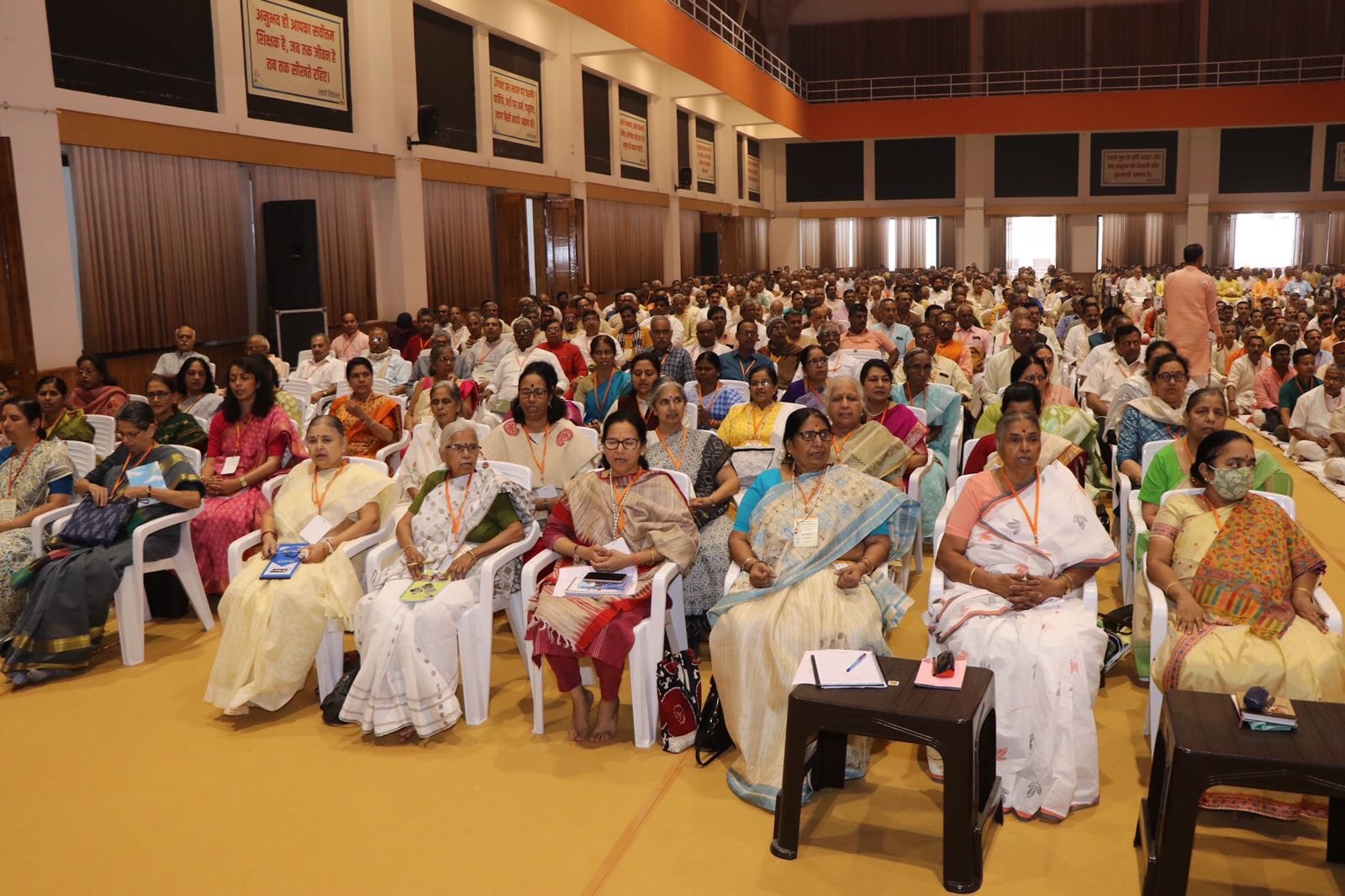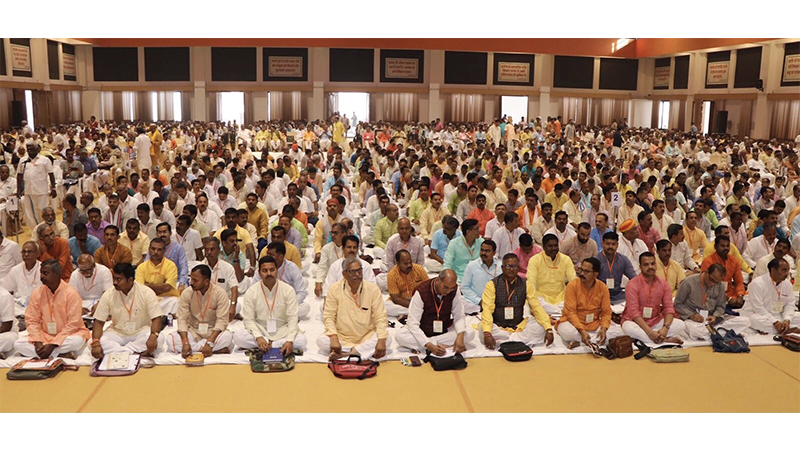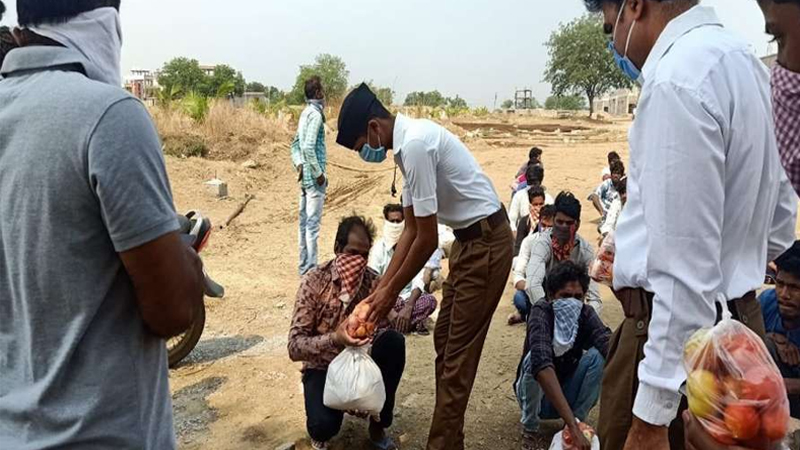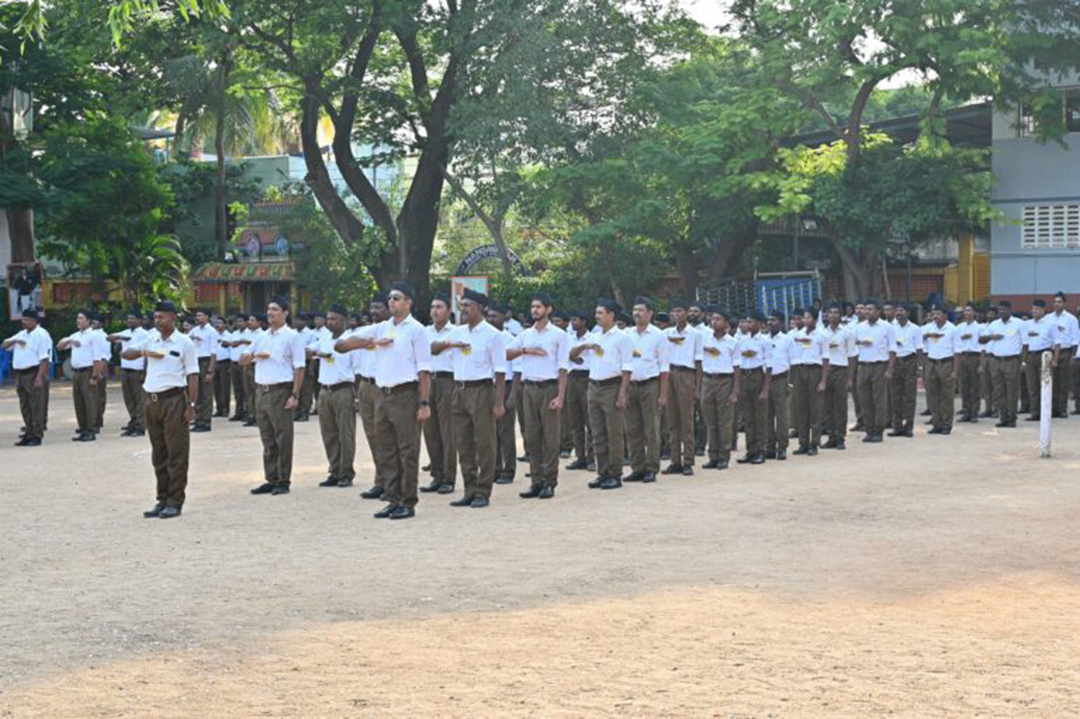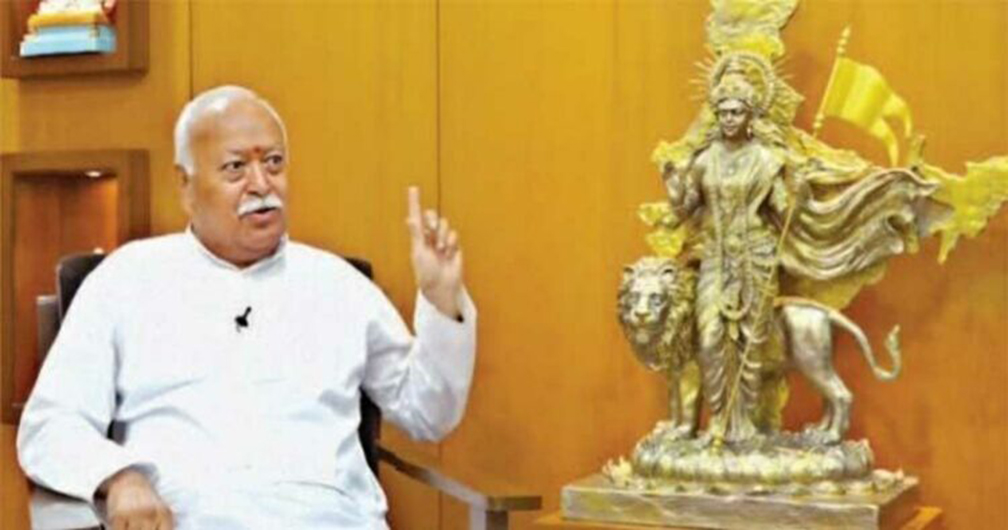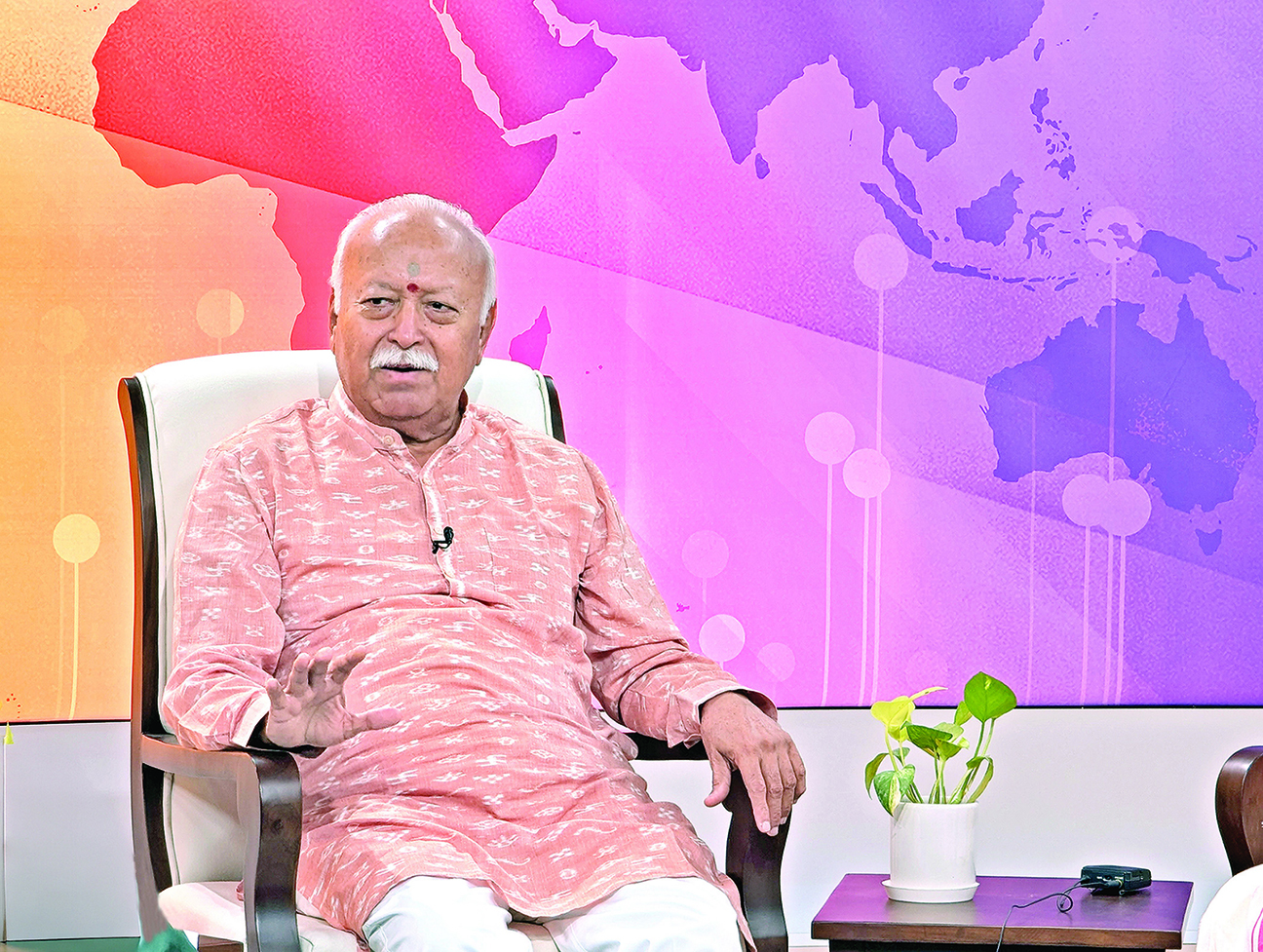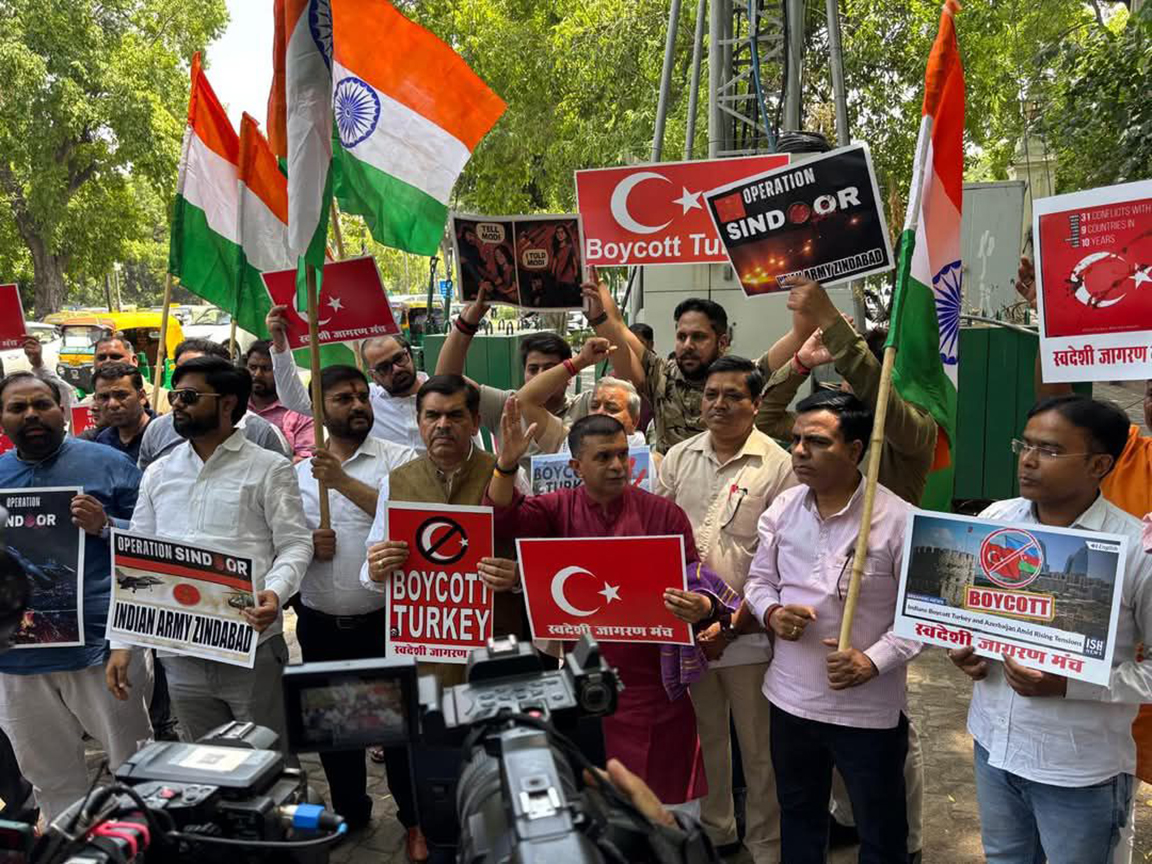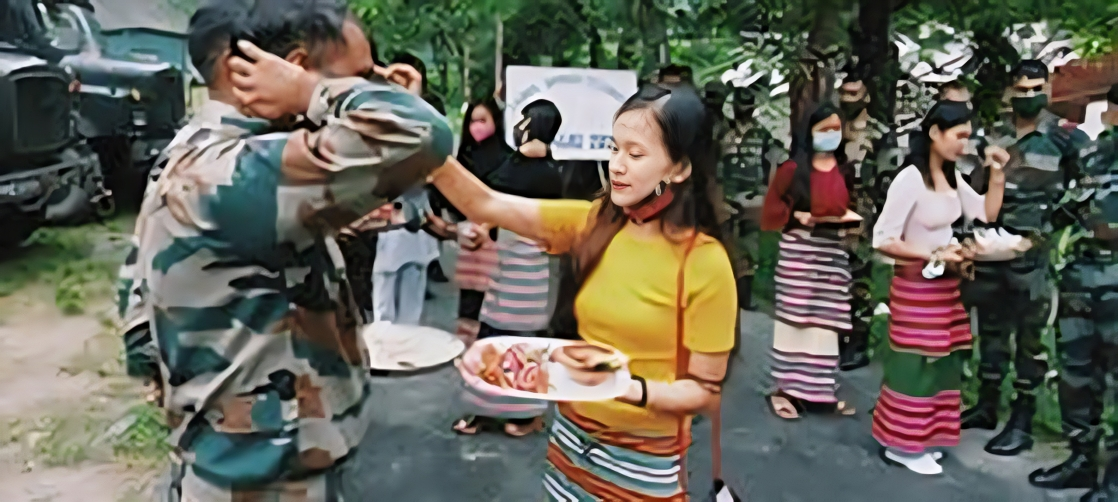How RSS inspired Vidya Bharati is helping educate millions
Updated: December 16, 2023 3:52
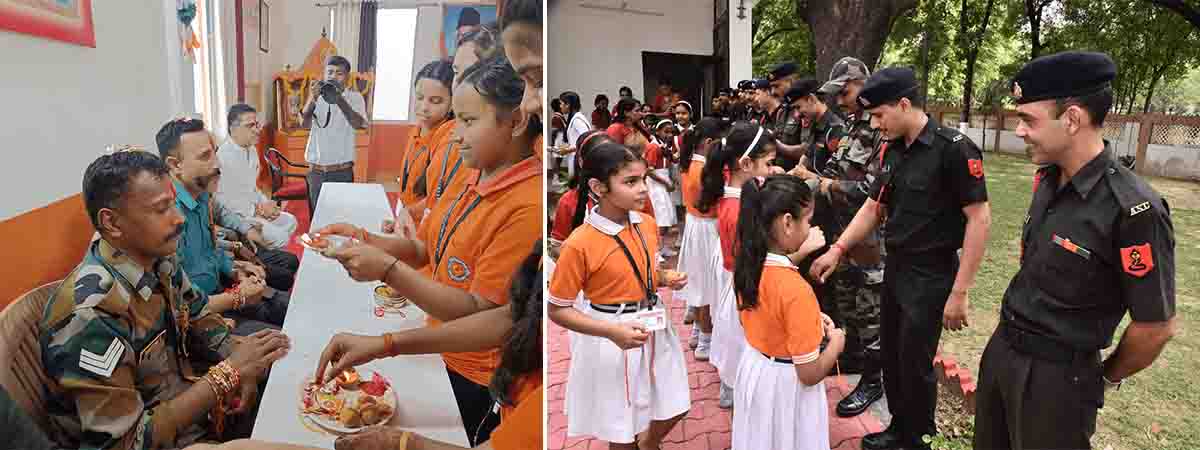
What started as Saraswati Shishu Vidya Mandir, a small school by Vidya Bharati at Gorakhpur, Uttar Pradesh, in 1952 to educate the young generation according to Bhartiya values and culture, has grown into one of the largest private networks of schools in the country.
The Rashtriya Swayamsewak Sangh (RSS) inspired Vidya Bharati Akhil Bhartiya Shiksha Sansthan, popularly known as Vidya Bharati, now runs 12,850 formal schools with around 3.5 million students enrolled in them, as per the latest (2022-23) data available on its official website.
The formal schools have been categorised as primary, secondary and senior secondary with some of them having boarding facilities. The Vidya Bharati brand of schools also go by the names-Saraswati Shishu Mandir, Saraswati Vidyalaya, Adarsh Vidya Mandir and Shishu Vatika. Most of them are affiliated to the Central Board of Secondary Education (CBSE), state education boards and the National Institute of Open Learning (NIOS). Vidya Bharati also operates around 11,500 informal single-teacher schools and cultural centres known as Ekal Vidyalaya and Sanskar Kendra respectively.
Vidya Bharati’s vision is “to develop a national system of education which would help build a younger generation which is committed to Hindutva and infused with patriotic fervour; physically, vitally, mentally and spiritually fully developed; capable of successfully facing challenges of life; dedicated to the service of those of our brothers and sisters who dwell in villages, forests, hills and slums; and are deprived and destitute, so that they are liberated from the shackles of social evils and injustice and thus devoted, may contribute to build up a harmonious, prosperous, and culturally rich nation,” its official website states.
Apart from the prescribed core curriculum, the schools offer five more subjects-yoga, music, Sanskrit, physical education, and ethics and spiritual education, aimed at providing education that is embedded in Indian culture and values. The children studying in the classes 4 to 12 are introduced to the supplementary book series Bodhmala on the subjects ranging from history, geography, science to general knowledge, personalities, martyrs, morals, festivals and religious books. These books are published by Kurukshetra headquartered-Vidya Bharati Sanskriti Shiksha Sansthan. Vidya Bharati also publishes three books for teachers: Praveshika, Madhyama and Uttama. Annual exams are held for both students and teachers based on these books.
The Vidya Bharati schools function in cities, towns, underprivileged localities, slums, tribal areas as well as border and remote places such as Ladakh and Jammu and Kashmir. As per the latest data available for 2022-23, over 200,000 children are enrolled in the non-formal schools. The plan is to open more such schools, especially along the country’s border. Vidya Bharati is also in the process of setting up seven Army schools that will train students to become officers in armed forces.
Vidya Bharati also caters to higher education with two universities and 52 institutes, including teacher training colleges, degree colleges, and vocational and training institutions. Vidya Bharati has its registered headquarters in Lucknow with a functional headquarters in Delhi and a sub-office in Kurukshetra. Formed in 1977, the Vidya Bharati Akhil Bhartiya Shiksha Sansthan, an apex body for all Vidya Bharati schools, administers these schools and coordinates with the committees running them in various states.
Vidya Bharati schools have a presence in 92 per cent districts covering almost all the states. It operates 211 schools in the districts situated on the border near Pakistan, Bangladesh, Nepal, China and Myanmar. It plans to start schools within 40 km from the border in the remaining 156 out of a total of 323 blocks. The organisation also provides free education to some 20,000 tribal students staying in the urban hostels run by Vanvasi Kalyan Kendra, another RSS-inspired organisation.
In a first, Vidya Bharati will be operating seven Sainik schools (army schools) to prepare students to get admission in the national defence colleges to join the Indian armed forces. So far, these have been run only by the Defence Ministry. The government has now decided to open 100 new Army schools in partnership with private schools.
The schools provide education to the children irrespective of their race and religion. Nearly 300,000 students from the marginalised sections of the society are provided free education by the Vidya Bharati schools. The Vidya Bharati schools have a mix of students from all segments. Around 80,000 Muslim and Christian kids are studying in these schools.
Vidya Bharati in partnership with some organisations have adopted some of the children who lost both their parents during pandemic. It has also decided to support children living in the border and sensitive areas to complete their education till grade 12.
Vidya Bharati’s alumni association is one of the world’s largest student bodies with over 900,000 former students registered with it as on March 31, 2023. There are 200 alumni from the United States of America. Its alumni are well placed in various fields. Some of them are doctors, engineers, advocates, civil servants and entrepreneurs.
Vidya Bharati has also played an important role in training the teachers as per National Education Policy (NEP). The aim is to provide a holistic approach to education as conceived in the NEP with a focus on all the aspects of a child’s growth- Intellectual Quotient (IQ), Emotional Quotient (EQ), Spiritual Quotient (SQ) and Humanity Quotient (HQ).

